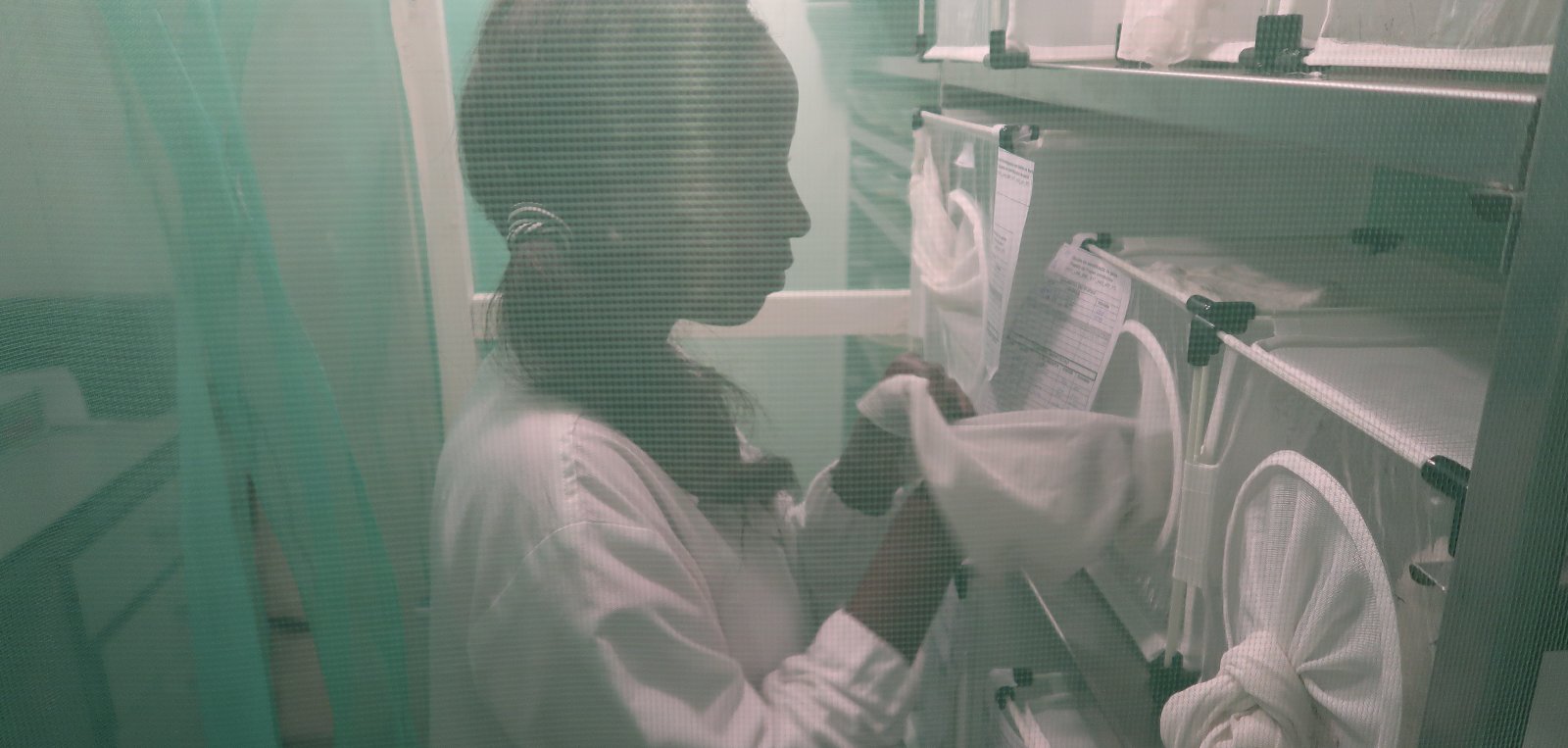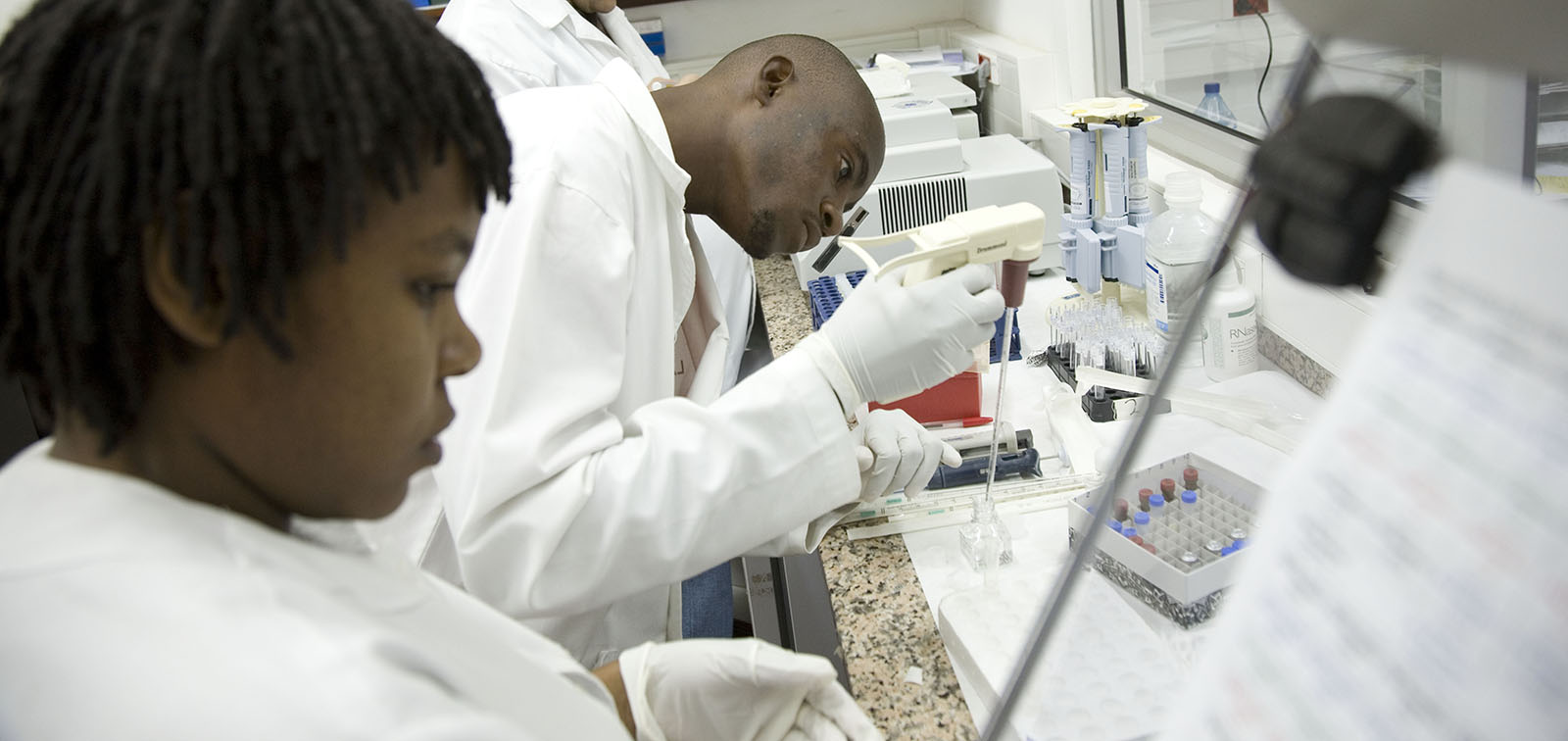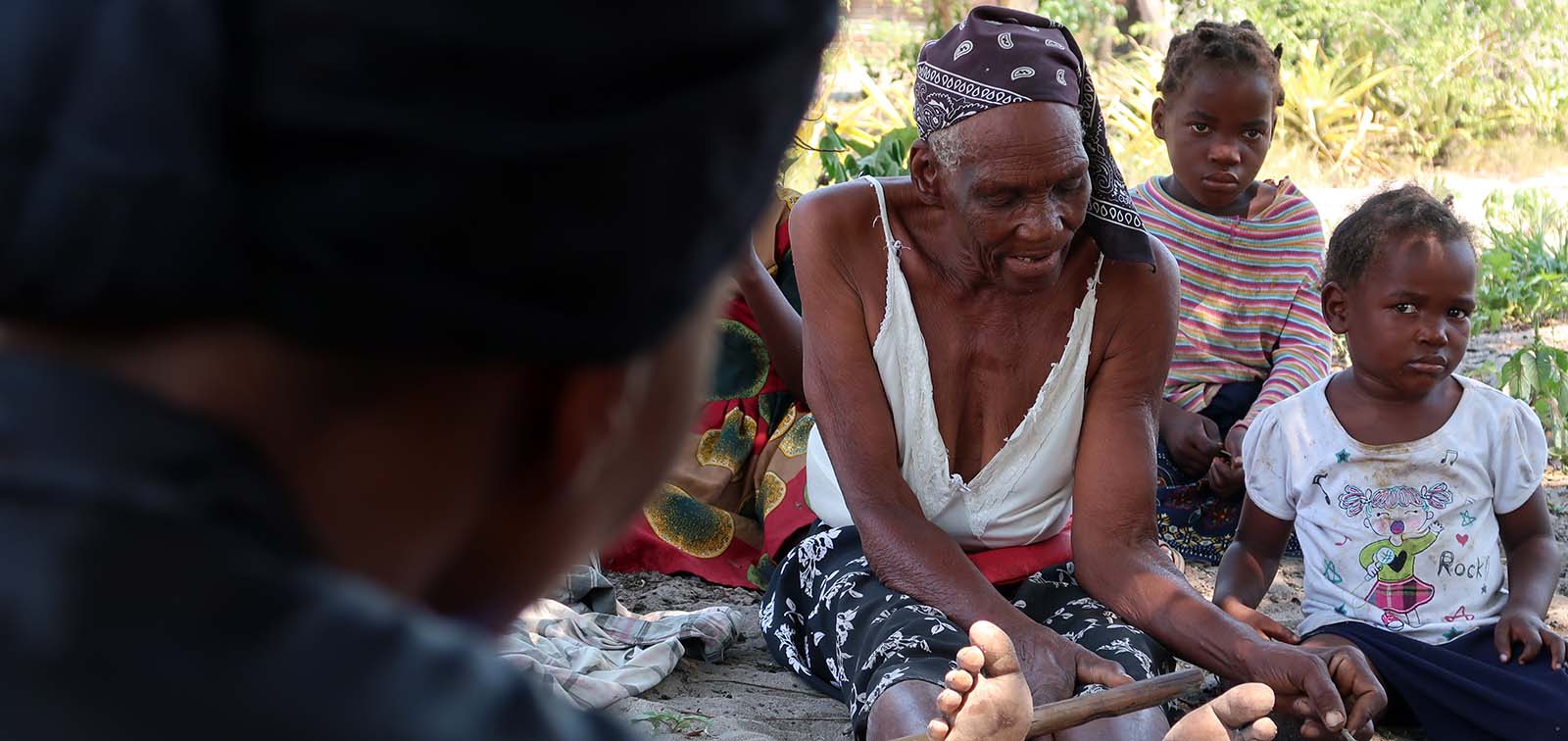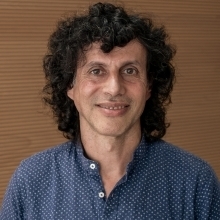- Date
- 06/04/2022
- Hour
- 10.00 - 18.05 h CET
- Place
-
Salón de actos, Fundación Ramón Areces
(c/ Vitruvio 5 - 28006 Madrid) — Also Online - Speaker
- Several speakers
Malaria remains the world's most important parasitic disease. In 2020, nearly 241 million cases and 627,000 deaths were estimated in the 85 countries where the disease remains endemic. The poorest countries, and in particular those in sub-Saharan Africa, disproportionately suffer its greatest impact, with nine out of ten deaths occurring there.
The beginning of the 21st century witnessed impressive progress in the fight against this disease. However, since 2015, progress has stalled and we are now at a crossroads, as cases and deaths have increased. For this reason, the World Health Organization (WHO) has proposed to refocus its efforts - without abandoning the long-term vision of eradication - on those countries where most cases and deaths are concentrated, given that just eleven countries account for more than 70% of new malaria cases worldwide (ten countries in sub-Saharan Africa and India).
The emergence of the SARS-CoV-2 virus and the global health crisis triggered by the COVID-19 pandemic have jeopardized the malaria control strategy in endemic areas. The most pessimistic predictions threaten unprecedented setbacks in the fight against this disease.
We are therefore at a critical juncture in our fight against malaria. On the one hand, it is critical to understand how the pandemic has affected the malaria situation globally and how its effects (direct and indirect) may have modified the trends observed up to the end of 2019.
On the other hand, if we accept that there has been a change of era in global health and that global health is a determinant of personal and economic security, the implications for a critical disease such as malaria must be tangible.
It is at times like these that basic science studying the parasite can (and should) contribute new knowledge that can eventually be applicable and influence our disease control and elimination strategies.
The conference "Malaria: Research with impact in times of COVID-19" includes a first part focused on the great challenges in the midst of the COVID-19 pandemic, and a second part that will focus on the contribution that science can make in the control of this disease and the progress towards its eradication.
Information
- Language: English
- Streaming: www.fundacionareces.tv/directo
- Free admission. Previous online registration necessary. Limited capacity.
Programme
| 09.30 - 10.00 h | Registration |
| 10.00 -10.05 h | WELCOME —Raimundo Pérez-Hernández, Director of the Fundación Ramón Areces |
| 10.05 - 11.00 h |
ROUND TABLE: Malaria in a context of multiple global crises —Excellency Maria Manuela Dos Santos, Ambassador of the Republic of Mozambique to Spain —Antoni Plasència General Director of the Barcelona Institute for Global Health (ISGlobal)
—Moderator: Quique Bassat, ISGlobal |
| 11.00 - 11.30 h | Malaria challenges in the COVID era (online) —Laura Anderson,Global Malaria Program, WHO |
| 11.30 - 12.00 h | Emergence of artemisinin resistance in Africa (online) —Betty Balikagala, Juntendo University (Japan) |
| 12.00 - 12.15 h | Coffee Break |
| 12.15 - 12.45 h |
DIALOGUE 1: Lessons learnt from an ambitious elimination demonstration project implemented in Southern Mozambique (hybrid) |
| 12.45 - 13.15 h |
DIALOGUE 2: Mosquito-Plasmodium interactions and advances in vector control strategies. A dialogue about classic and innovative vector control (online) |
| 13.15 - 14.15 h | Lunch Break |
| 14.15 - 14.40 h | Extracellular vesicles facilitate intrasplenic infections in P. vivax: A new challenge for malaria elimination —Hernando del Portillo, ISGlobal |
| 14.40 - 15.05 h | Unraveling the secrets of malaria transmission —Alfred Cortés, ISGlobal |
| 15.05 - 15.30 h | Insights into protective immune responses induced by RTS, S, the first malaria vaccine (online) —Carlota Dobaño, ISGlobal |
| 15.30 - 15.55 h | Prognostic biomarkers: Using biological pathways to redefine risk-stratification and adjuvant treatment in severe malaria —Quique Bassat, ISGlobal |
| 15.55 - 16.25 h |
Mechanism and implications of artemisinin resistance in malaria parasites —Tobias Spielmann, Bernhard Nocht Institute for Tropical Medicine (Germany) |
| 16.25 - 16.40 h | Break |
| 16.40 - 17.05 h | Malaria prevention: From clinical trials to strategies at the population level —Raquel González, ISGlobal |
| 17.05 - 17.30 h | Climate change and malaria transmission risk: an unconcluded debate? —Xavier Rodó, ISGlobal |
| 17.30 - 18.00 h | DIALOGUE 3: Research strategies to achieve impact without losing track of the elimination targets (online) —Regina Rabinovich, ISGlobal —Nana Aba Williams, ISGlobal |
| 18.00 - 18.05 h | Concluding remarks —Quique Bassat, ISGlobal |
Register to attend the event in Madrid or watch it on streaming
Organised by:













